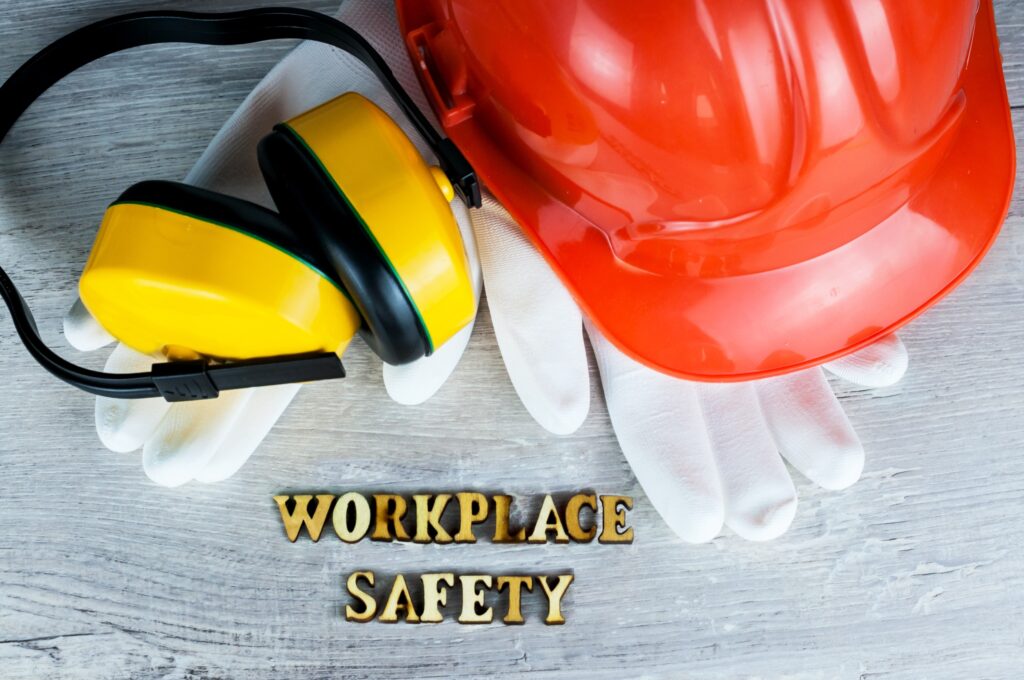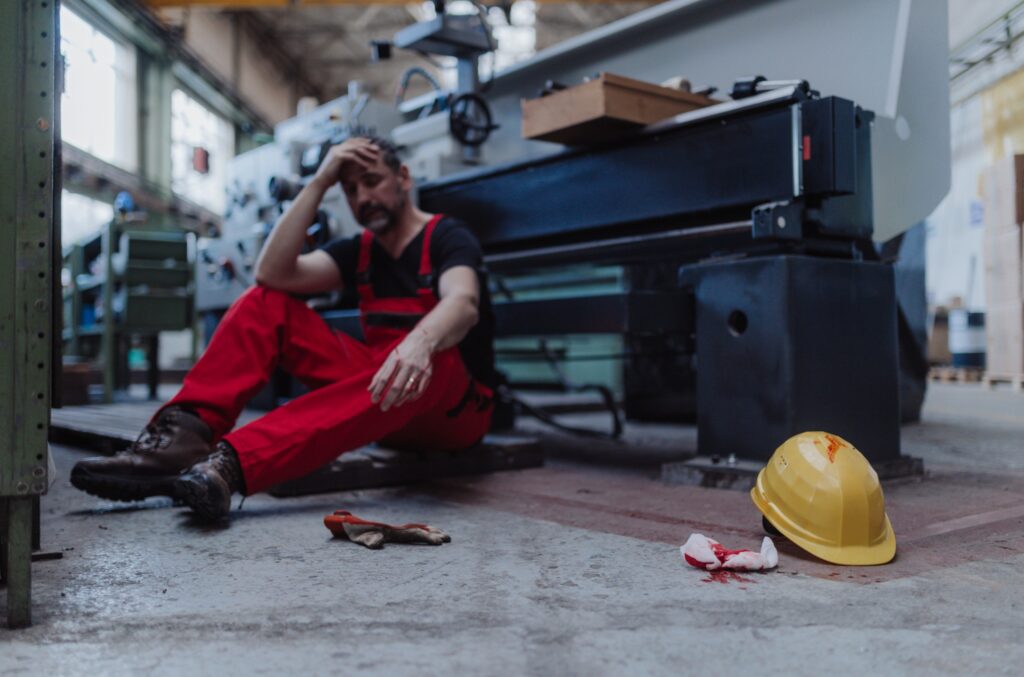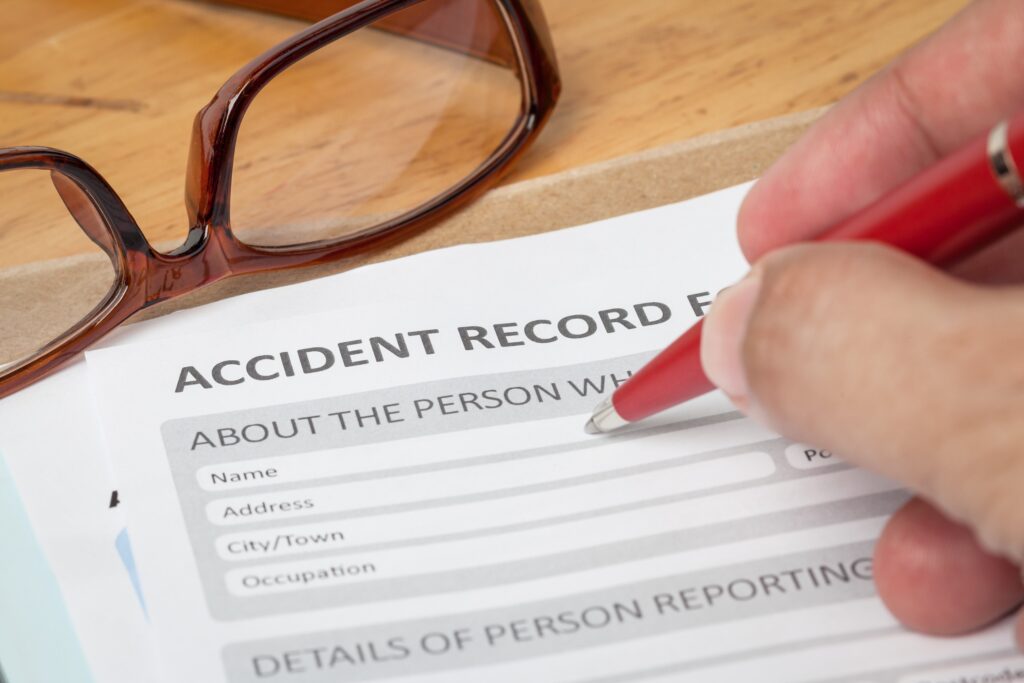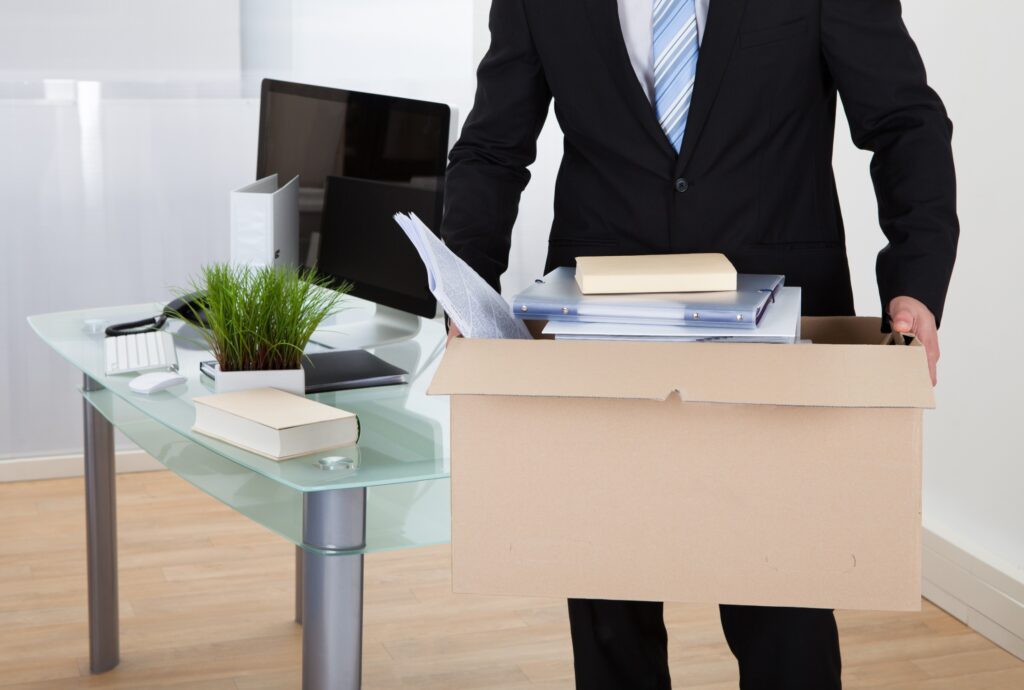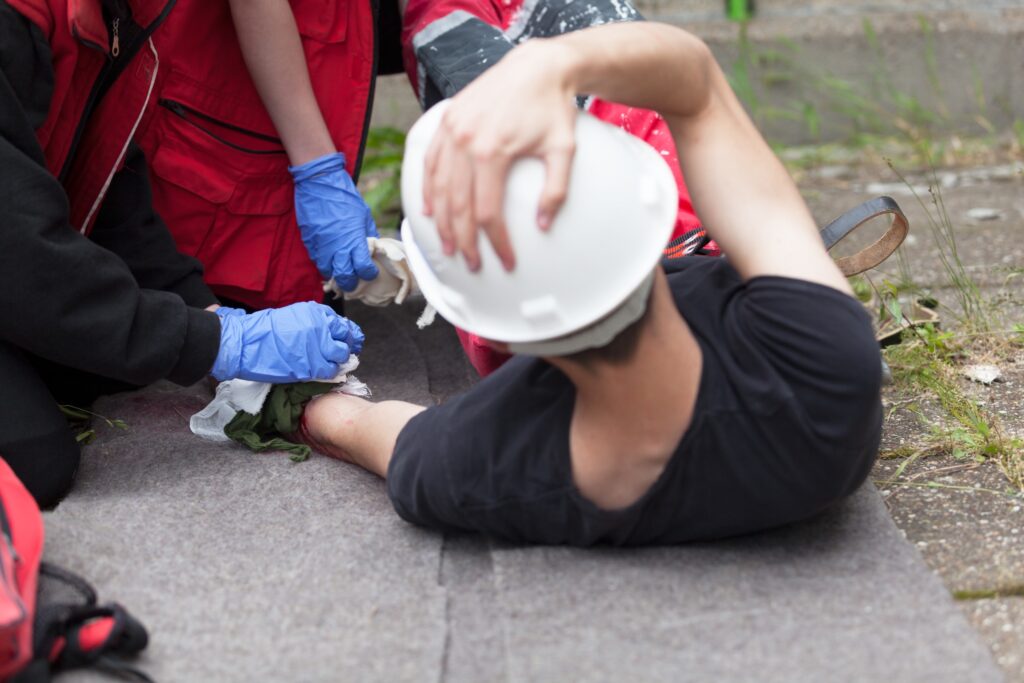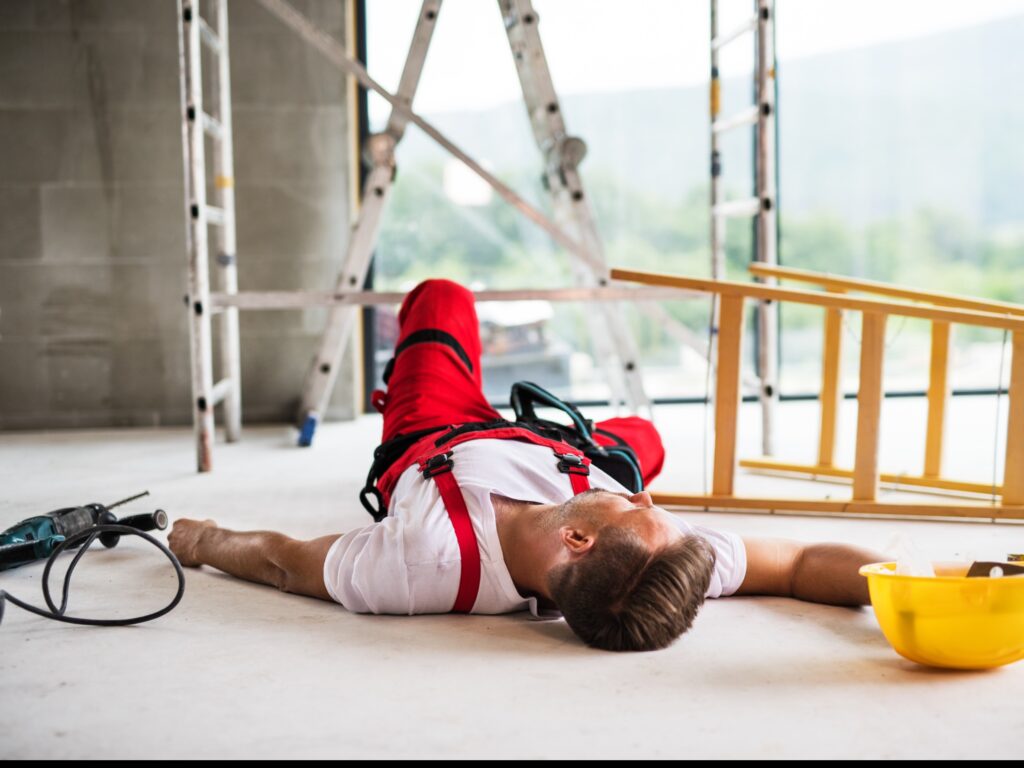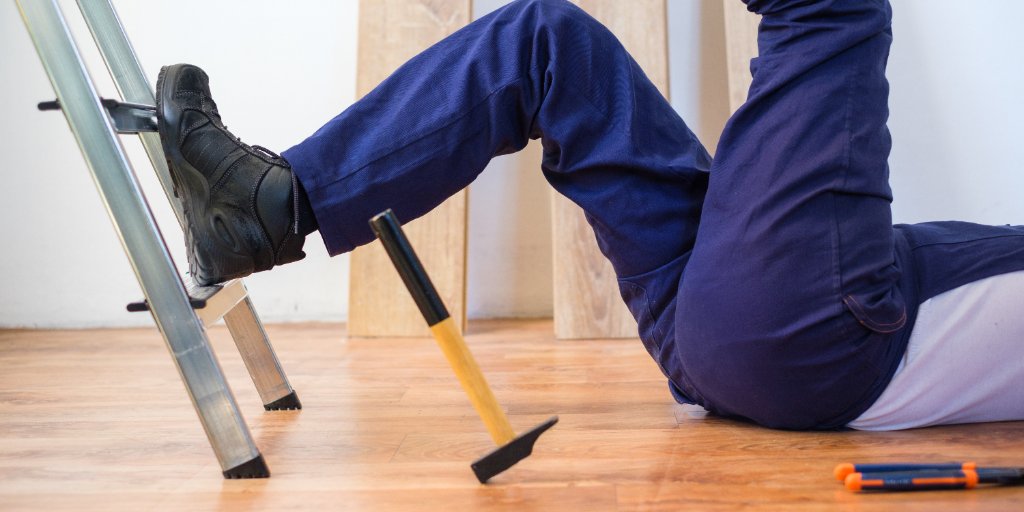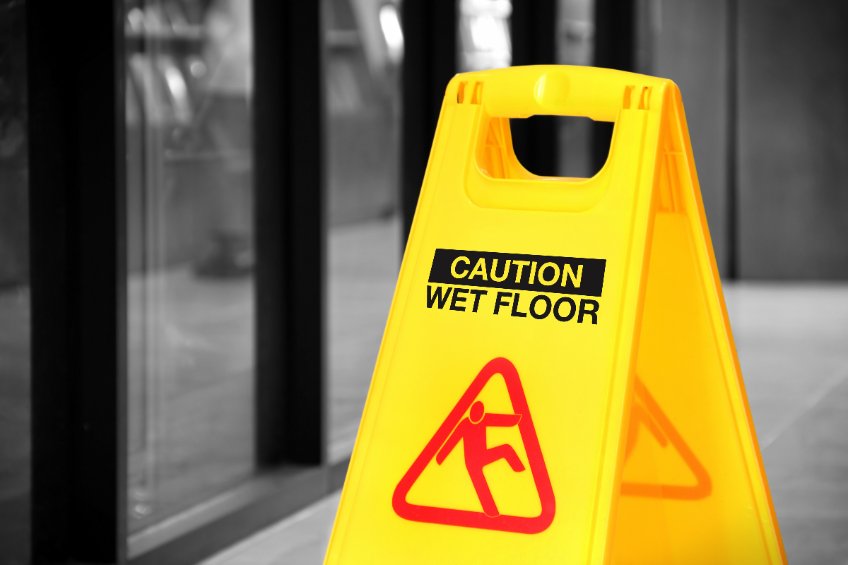Latest posts
-
How Employers Can Improve Safety At Work To Prevent Accidents From Happening
-
Advice On What To Do After A Workplace Injury
-
A Guide To "What Are Employee Rights After A Workplace Accident?"
-
Learn If You Are Entitled To Full Pay If You Have An Accident At Work
-
How To Write An Accident Report At Work As An Employer
-
Can I Be Sacked For Having An Accident At Work And Claiming?
-
Learn About The Most Common Accidents At Work
-
Warehouse Accident Compensation Claims
-
What Do You Need To Do To Make A Fall At Work Claim?
-
Can I Sue My Employer If They Caused My Injuries In A Work Accident?
-
Compensation Payouts For Slips, Trips And Falls At Work
-
How To Report An Accident At Work
-
What Causes Accidents At Work?
-
What Should I Do If I've Had an Accident at Work?
-
I Slipped On A Wet Floor At Work - Can I Claim Compensation?

